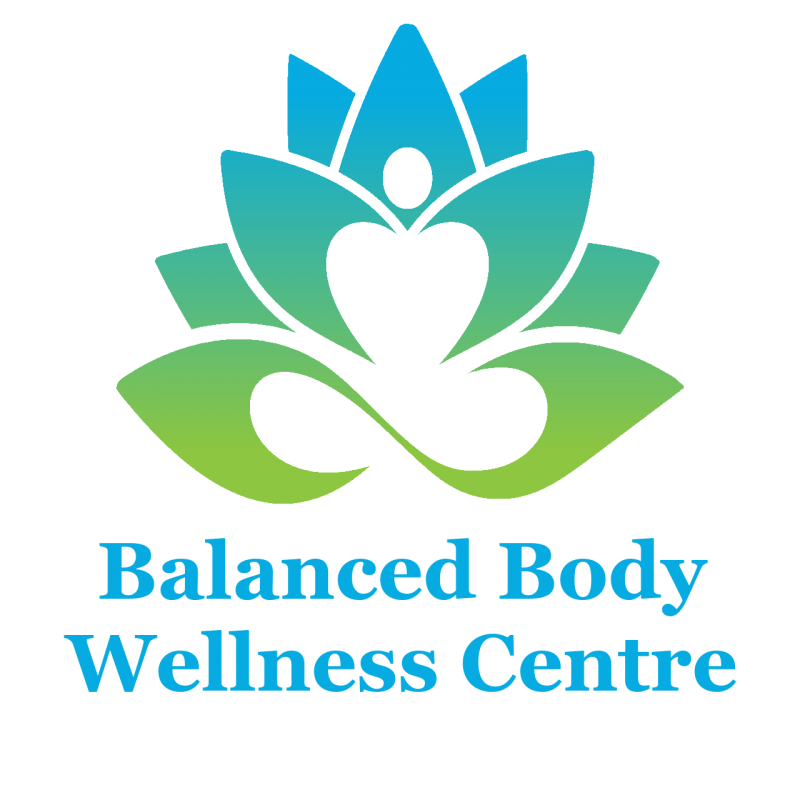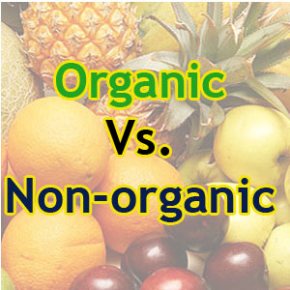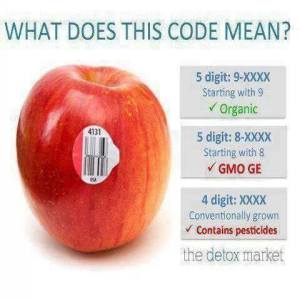The decision to purchase organic food over conventionally grown food is a personal one, and as you walk through the supermarket, many of which are now adding organic sections, you will likely ask the question: Is organic food really better?
Organic farming differs from conventional farming in the methods used to grow crops. Where traditional farmers apply chemical fertilizers to the soil to grow their crops, organic farmers feed and build soil with natural fertilizer. Traditional farmers use insecticides to get rid of insects and disease, while organic farmers use natural methods such as insect predators and barriers for this purpose. Traditional farmers control weed growth by applying synthetic herbicides, but organic farmers use crop rotation, tillage, hand weeding, cover crops and mulches to control weeds.
The result is that conventionally grown food is often tainted with chemical residues, which can be harmful to humans. There is debate over whether dietary exposure to pesticides at levels typically found on food is dangerous, but experts say that consumers should use caution. Aside from pesticide contamination, conventional produce tends to have fewer nutrients than organic produce. On average, conventional produce has only 83 percent of the nutrients of organic produce. Studies have found significantly higher levels of nutrients such as vitamin C, iron, magnesium and phosphorus, and significantly less nitrates (a toxin) in organic crops.
So buy and eat, as much as possible, organic produce and free-range, organic foods.
For a satirical look at organic vs.GMO watch the video: Grocery Store Wars
photo found on: http://liliashealthbook.blogspot.com/




